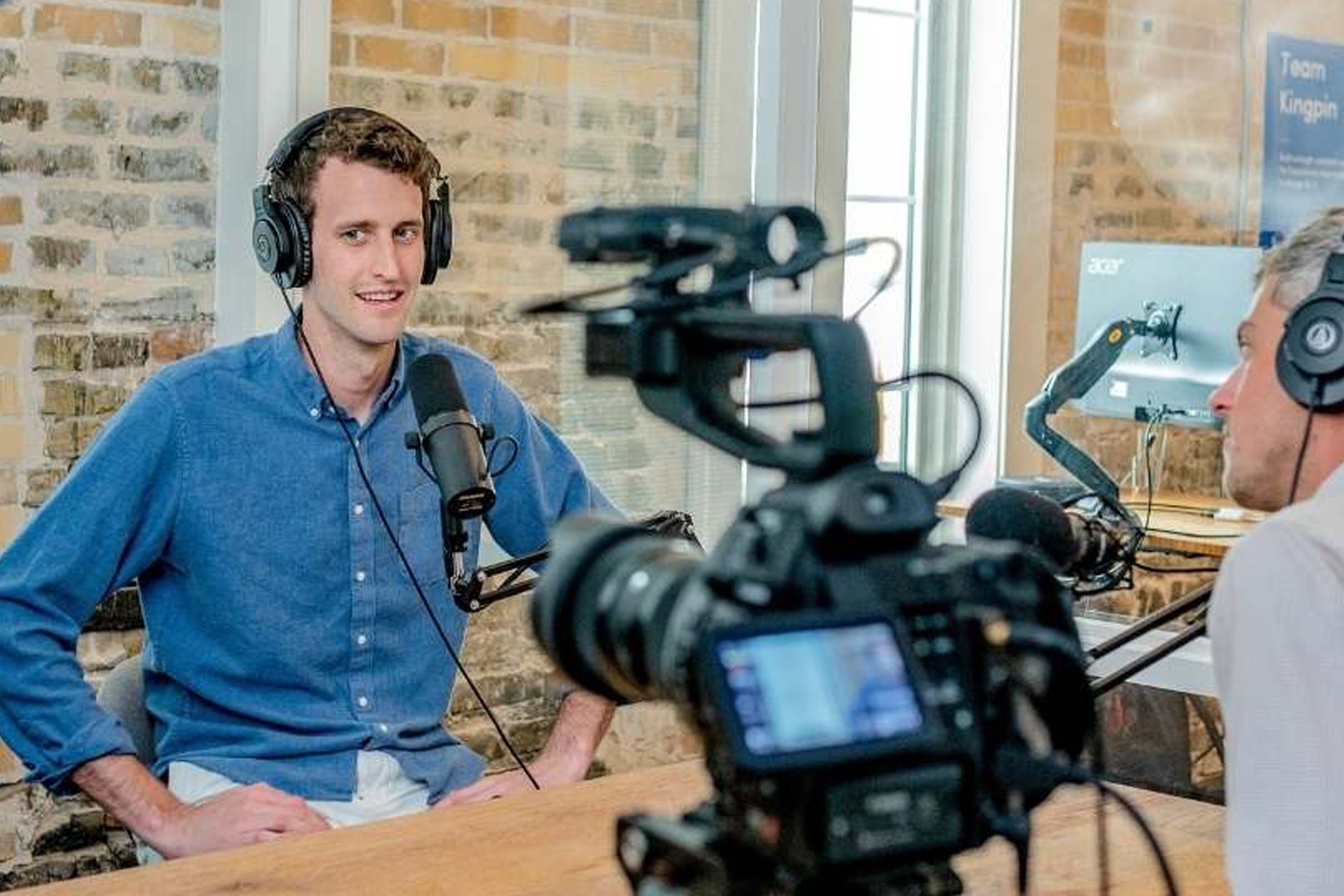Digital technology has become a key in business across a wide range of industries. Unfortunately, it also means everything we do ends up online forever. The way companies interact with media plays a big role in how your brand is viewed by other businesses and the public. Being able to answer the question, what is media training, and applying it to your business, helps your team flourish and thrive, even under public scrutiny.
At Decibel Blue, we provide a variety of PR-related services, including media training. Here we’ll explain what is media training, why it’s important, and how your brand can use it to get ahead.
What is Media Training?
Media training is specialized training designed to support your PR and marketing department in dealing with the media. In public relations, it’s important to streamline your approach to media interaction to ensure you’re portraying your company and brand in the best possible light.
While the training offers a broad range of generalized media information, it’s also customized for industry-specific events and information. Your team receives training suited to your brand and message and offers a narrowed focus on media interactions in your field.
Why Invest in Media Training?
Dealing with the media can be a minefield, even when the news being delivered is positive. It’s the job of the media to deliver information to the public, and often this information is delivered in a form that draws the reader, watcher, or listener. Modern media is also consumed in many different forms, including social media and video streaming sites. Here, content can be viewed and shared repeatedly.
So, why invest in media training? To prepare your team to deal with media-related interactions and the potential aftereffects that follow. But it isn’t just the potential aftermath media training aims to avoid. Media training is also targeted at teaching your employees how to speak with and understand journalists.
Journalists aren’t trying to promote your brand – they’re looking to share a story. To get your message across the way you want it shared and encourage consumers or business clients to check out your brand, you need to know how to speak to journalists.
What Could I Learn in Media Training?
You can’t effectively answer the question, “What is media training?”, without first knowing what types of things you might learn in media training. Media training covers a variety of material, and the lessons you learn all depend on your business type, brand message, and what you want to convey to the public.
Decibel Blue doesn’t have a one-size-fits-all media training package. Rather, we develop our media training to fit you where you are and fill the gaps in your current approach to media relations.
As you dive into the topic of media training, you should get to know some of the prospective lessons you’ll learn. Some of the concepts you may cover during your media training include:
Building Your Brand’s Message
What you want the world to know about your brand isn’t always obvious. Helping your PR department and support staff understand your brand and which parts of it to share with the public is crucial to staying on message and being consistent. Who or what is your company and why should the public value it? This is a core lesson in media training, because if your team doesn’t know the answer, how do they share it with the public?
Building your brand’s message isn’t always easy. Media training helps you pinpoint your voice and learn to use it for the betterment of your brand. Not sure what your brand’s message should be? We can help with that too. Media training incorporates a lot of marketing knowledge and our team is always happy to extend training into different areas of your business.
Developing Media Messages for Your Executives
Sometimes the training a company needs most is how to share media messages with executives and staff. At Decibel Blue, we don’t just teach you to interact with journalists and the press. We also teach you to teach your staff how to deal with journalists and the press.
Often, preparing staff for media interaction means developing sound bites. Our training team will help you and your staff learn about creating relevant, and on-topic, sound bites early in the training program. These sound bites include anecdotes, research tidbits, and other information which can be shared with the media if questions turn too personal. Having a backup supply of safe material to share with the public is better than finding yourself flustered when a tough question hits.
Working on Body Language
It’s not only the way we speak which delivers a message to the media – body language plays a role as well. The subtleties of eye contact, smiling, crossing out arms, and other voluntary or involuntary movements tell people how we are feeling in a conversation. Media training helps you learn to recognize your body language and modify behaviors to fit the message you are trying to send. Staying on brand both in body and mind is important.
One of the most crucial elements of body language is eye contact. Speaking with the public means meeting gazes, shaking hands, and making interactions persona. The same goes for media appearances. Learning to make eye contact, even when questions get difficult to answer, goes a long way to retain a calm exterior no matter the circumstances.
Handling Uncomfortable Questions
Nobody enjoys confrontation, but it’s part of life, especially when under the scrutiny of the media. Being able to deal with uncomfortable questions is important. Our media training ensures you know how to dodge, change the subject, or directly answer questions that are purposely designed to make you uncomfortable. Knowing how to maneuver these questions will get you out of some sticky situations.
Role-playing might be used to create a sense of realism in the learning experience. In media training, doing is better than reading or watching. Getting your hands dirty with some uncomfortable and confrontational situations ensures you and your staff know how to deal with these awful situations when they occur in real life.
Filtering Back to the Main Message
Getting off-topic in an interview is easier than you might think. To keep your mind on the message being delivered, media training teaches focus and memory hacks to bring you back to your point. Not only can getting off message put you in a pickle, if your conversation takes a turn for the unprofessional, but it wastes your time and the time of your interviewer or media connection.
Knowing the main message that you want to convey and practicing strategies to return to that topic when it gets sidelined can keep media conversations flowing in the direction you want them to. Perhaps the most important lesson you can take away from media training is putting yourself in the driver’s seat and retaining the wheel no matter how bumpy the drive becomes.
Saving Face
Finally, and we’ve touched on this a bit above – saving face. Facing the media isn’t always a gamble of good or bad. Sometimes you know going in that the dice haven’t been rolled in your favor. When this happens, knowing how to save face is essential to retaining the respect of your staff, partners, and customers.
Saving face is a skillset, and it’s something we can teach. This is an area that works best when hyper-specific, but there are plenty of general lessons to be learned on the subject of dealing with the media when things are turning sour.
Sometimes, the worst thing you can do as a company is hide your head in the sand and hope things will blow over. Facing the media face on and holding your head up high can improve the outlook on nearly any situation.
Preparing for Your Media Interaction
What is media training if not a preparatory course on dealing with the media? Some of the training we offer deals with preparing for your media interaction in ways other than brand messaging and role-playing. These lessons include dressing for success.
The way you present yourself during a media interaction involves more than your verbal dialogue. The way you look, especially in video and photography, speaks volumes about your brand and the message you want to convey. Decibel Blue has plenty of tips and experience on dressing for interviews and events. This includes the kind of purse, bag, luggage, or briefcase, and outerwear to invest in.
Contact Decibel Blue Today
Decibel Blue works with businesses across a wide range of industries, from small start-ups to large enterprises. Our team comes to you with a collective wealth of six decades of experience in media and marketing. We’ve worked with top brands like Kentwood Real Estates, Tide Cleaners, and Dunkin’ Brands.
If you’re interested in supporting your PR team through media training, we can help. Call 1-480-894-2583 for Phoenix or 1-303-242-5855 for Denver. You can also connect through our online contact page. Get in touch to schedule a strategy session today.
Carson Renstrom
Comments are closed.






